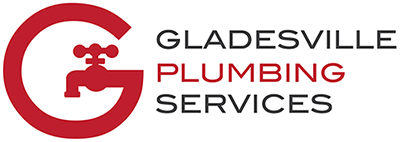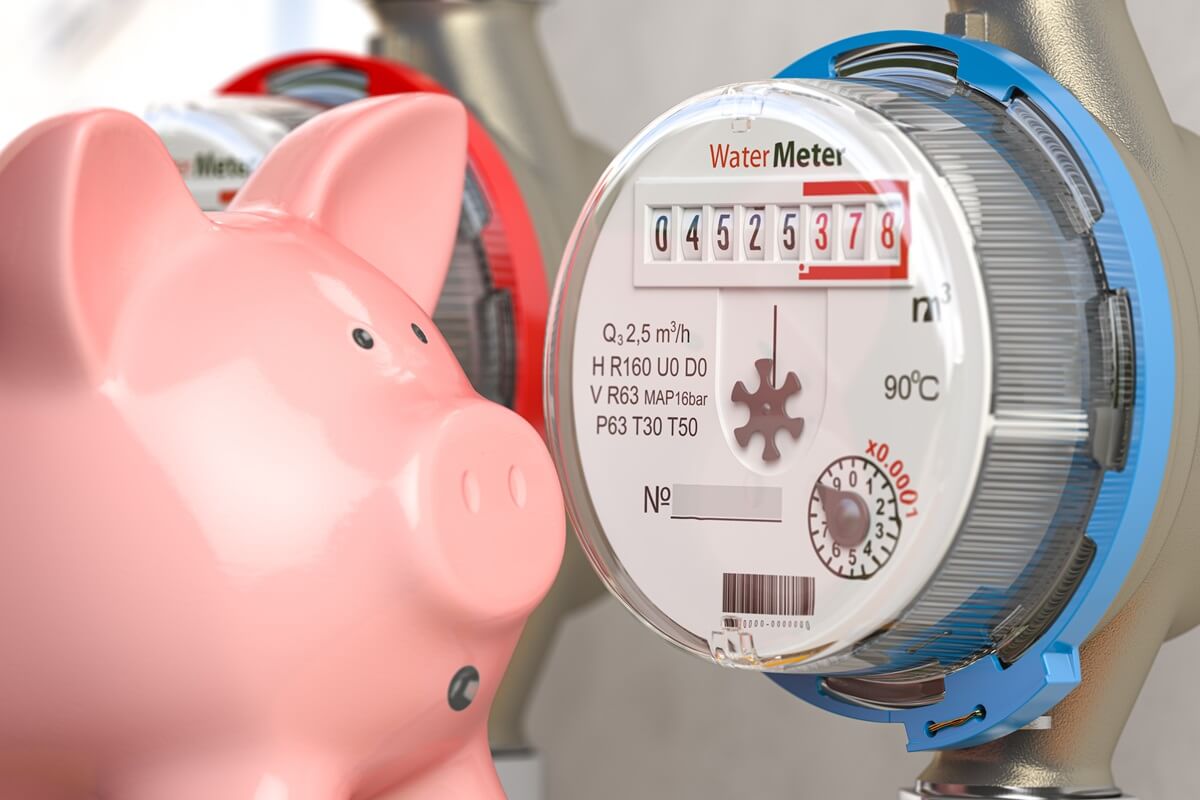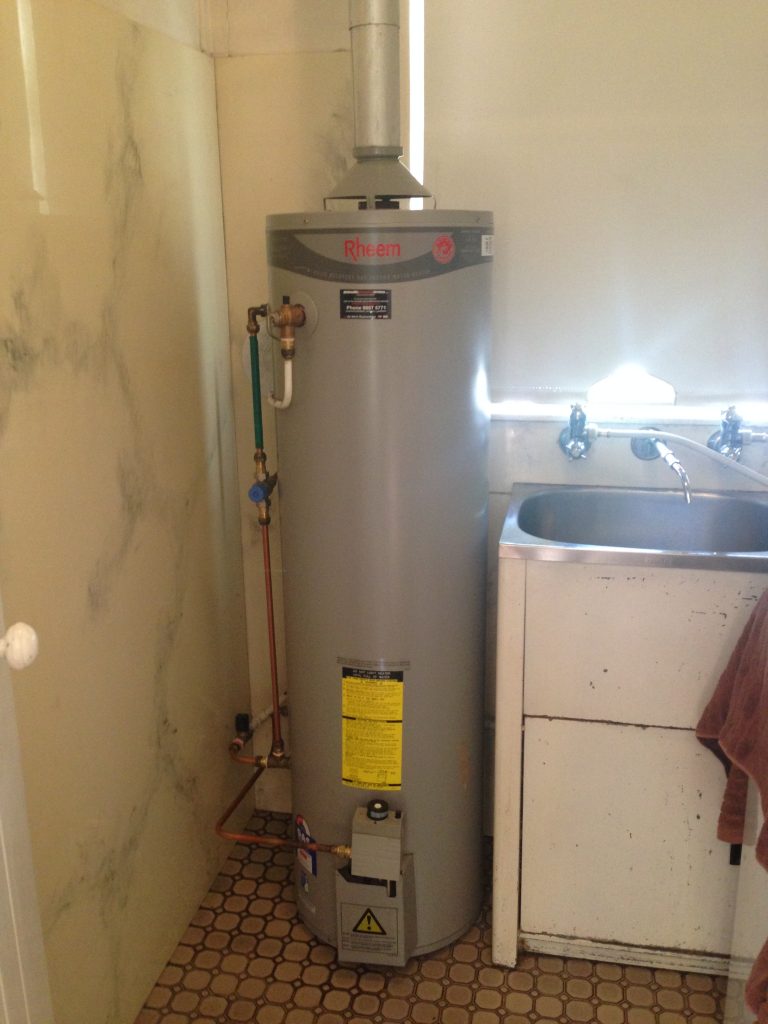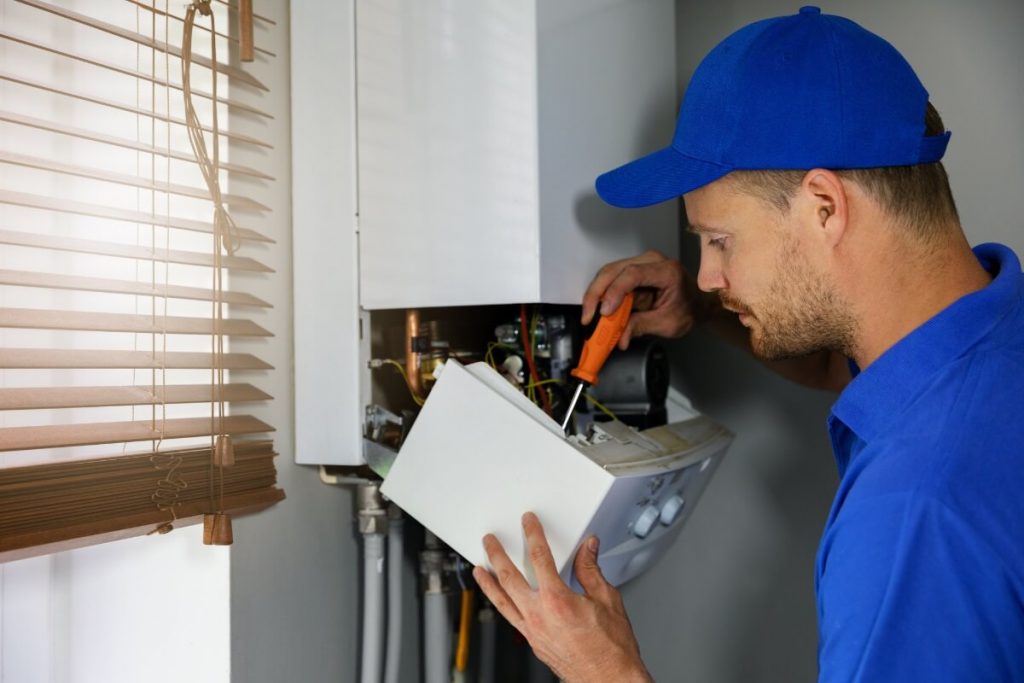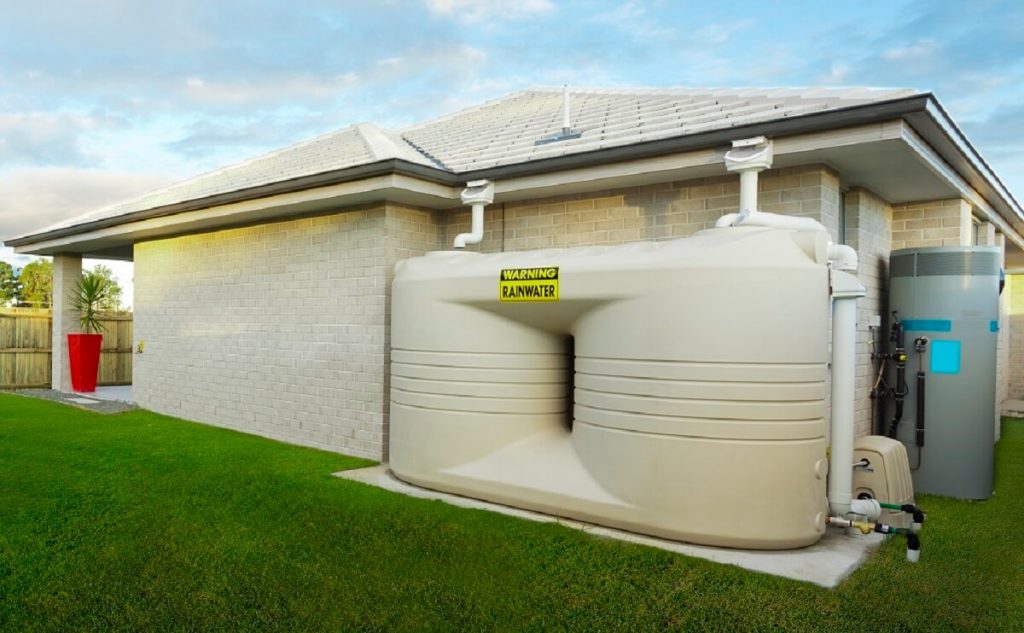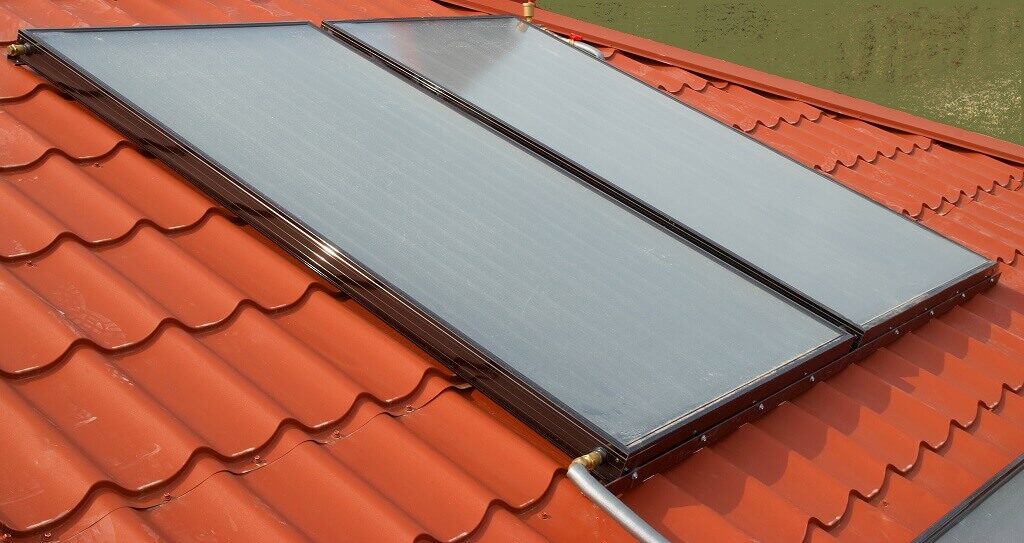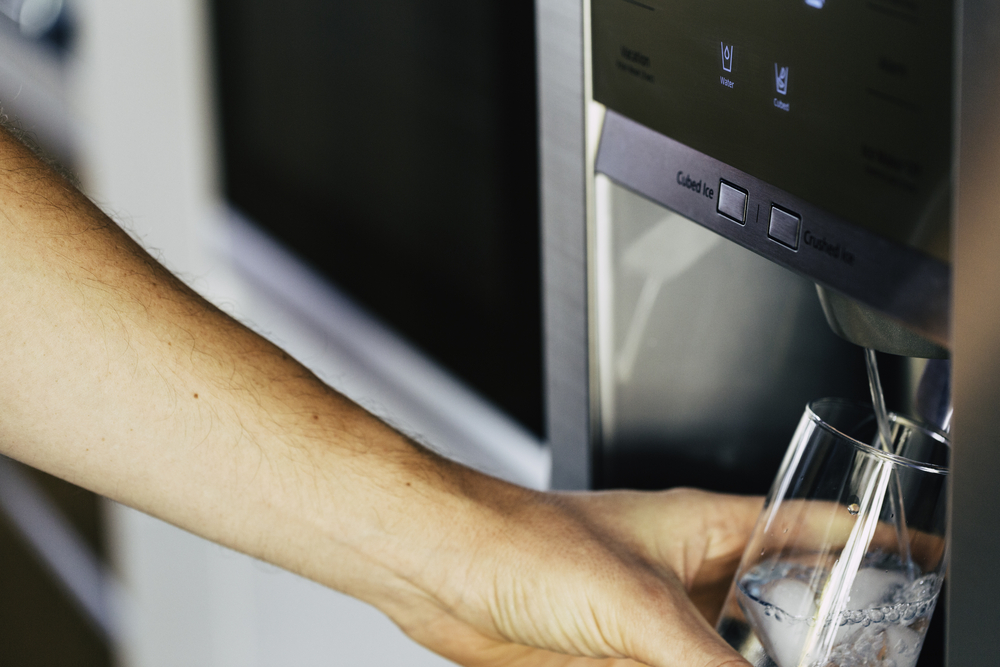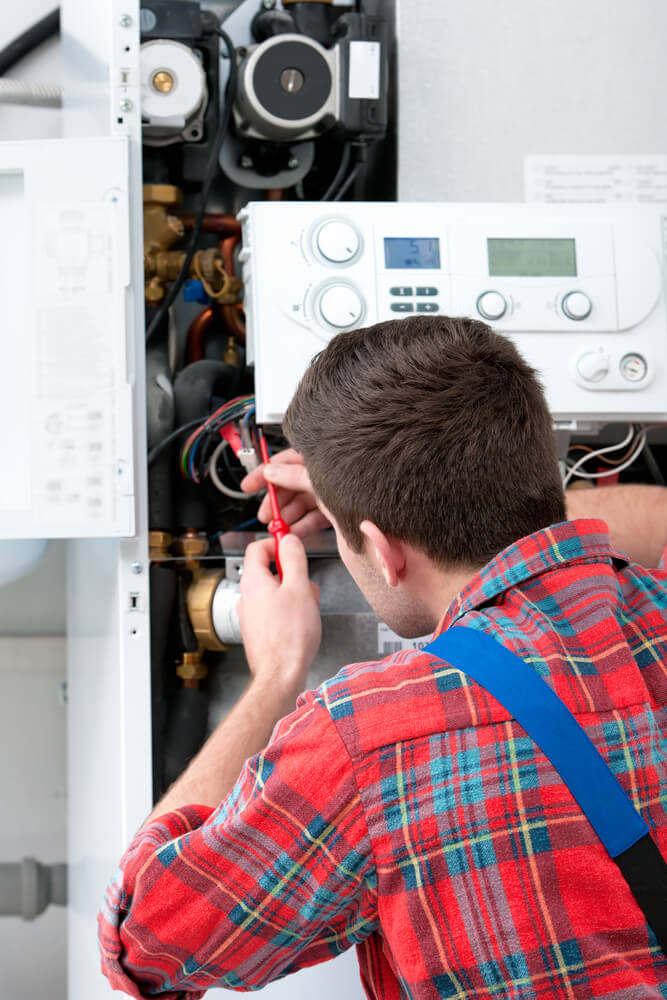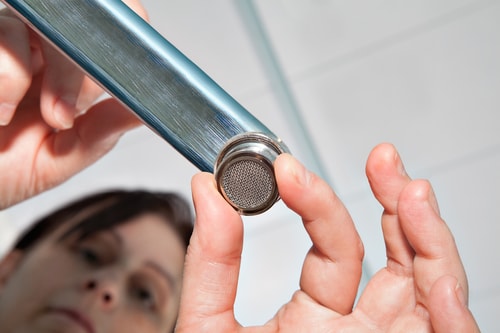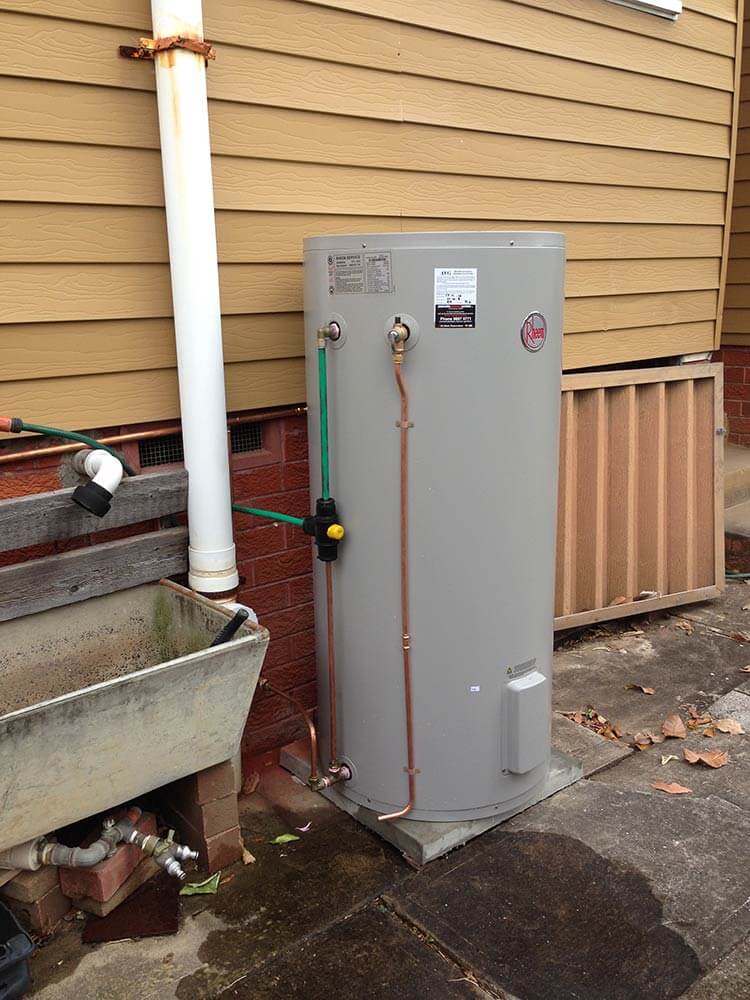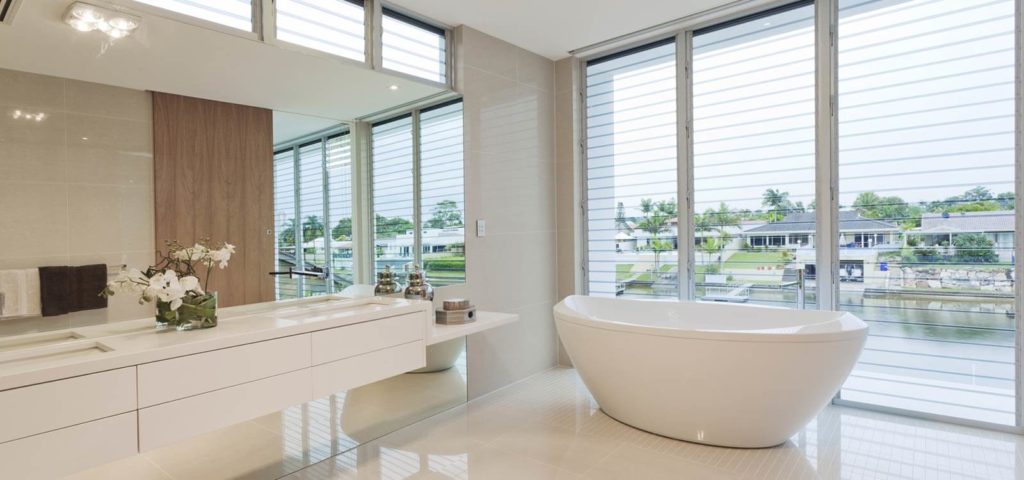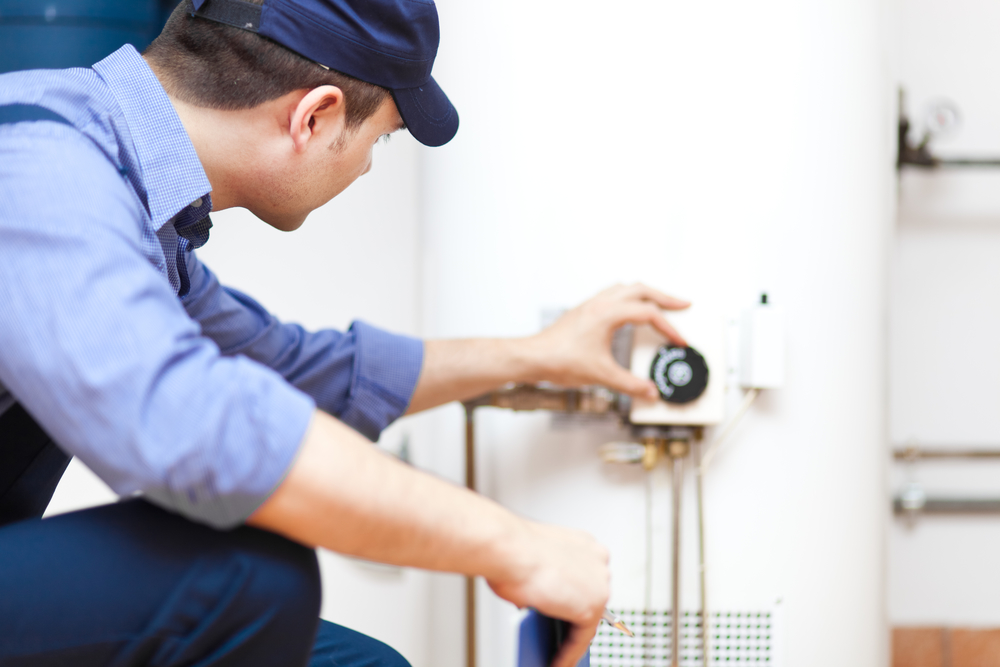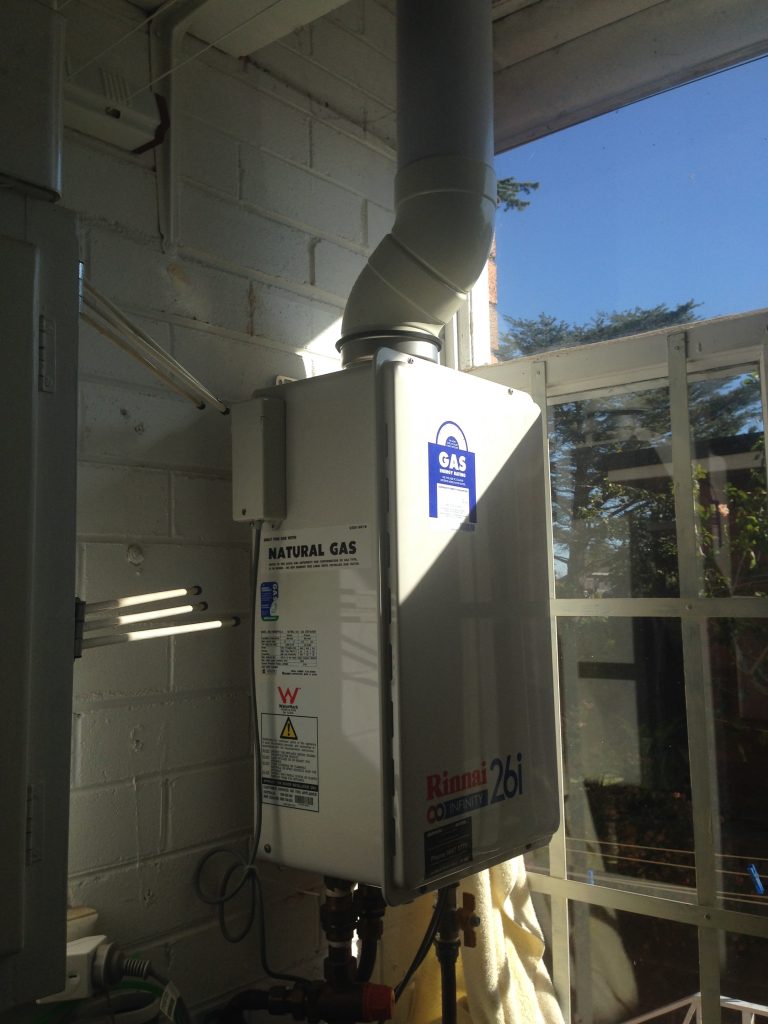Are you a Sydney resident passionate about reducing your bills and minimising your environmental impact? We have some great water-saving tips for you.
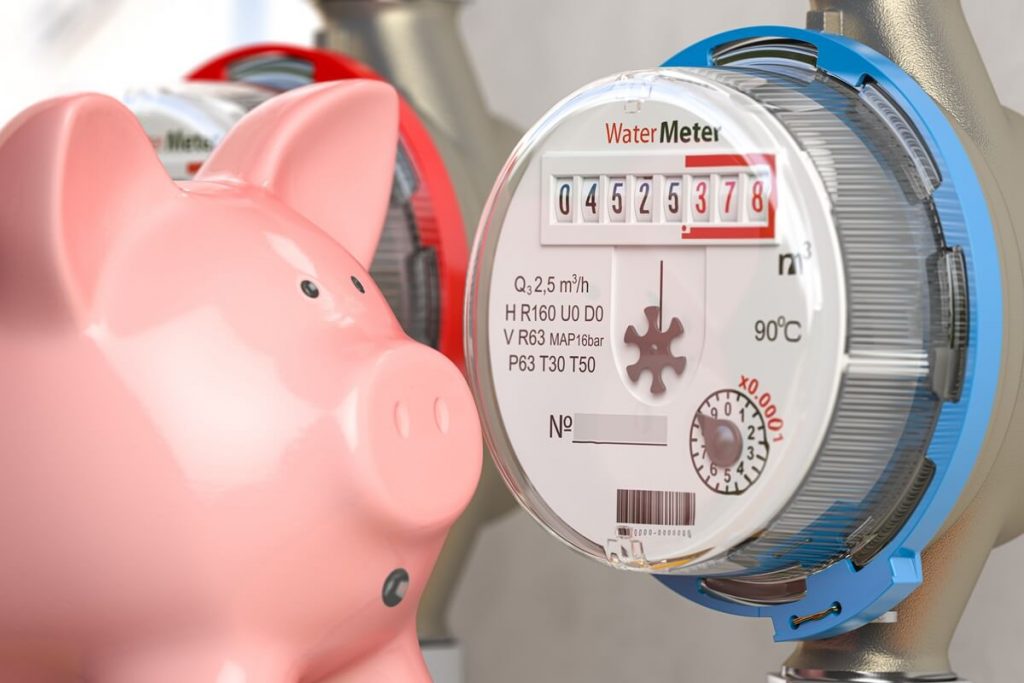
During the drought in the 1990s, we all learned about three-minute showers and turning taps off while we brush our teeth – and those are good tips. But according to our chief plumbing expert, Joe Rantino, too many homeowners overlook the maintenance and efficiency of their existing plumbing, hot water systems and plumbed appliances. And when those things aren’t in good working order, water wastage can go through the roof.
So, let’s talk about the practical ways you can save water at home.
Service The Hot Water System
Servicing your hot water system regularly can save you in more ways than one. Over time, your system can develop leaks that may not be apparent to you. Gone unnoticed, this can very quickly add up to higher water bills. Regular servicing allows an expert to detect any issues and deal with them quickly.
You can also save energy and water by ensuring the temperature is optimal, and the system is operating efficiently. Technicians inspect the valves, controls, and insulation during servicing. Additionally, they may install smart controls to give you more power over system operations.
Conservation Fittings
Shower heads and faucets are great conservation points; you can install a low-flow shower head and replace your faucets with low-flow fittings to save plenty of water and still maintain performance. A thermostatic mixing valve is also a great option. It ensures less wastage pre-shower.
Only run the tap when you need water – if you’re washing the dishes, turn the faucet off while you scrub. If you’re brushing your teeth, keep the tap off until you need it.
Regularly inspect your faucets and taps for leaks. Even a small, slow drip can waste a lot of water.
Install a Rainwater Tank
One of the best ways to save water is to have a rainwater tank installed. You can use rainwater to water the garden, feed your hoses, power your sprinklers, and even top up the swimming pool.
If you’re taking advantage of Sydney’s rainfall to meet some of your water usage needs, you’re reducing your dependence on mains water. That’s good for your bank account, and it’s great for the environment!
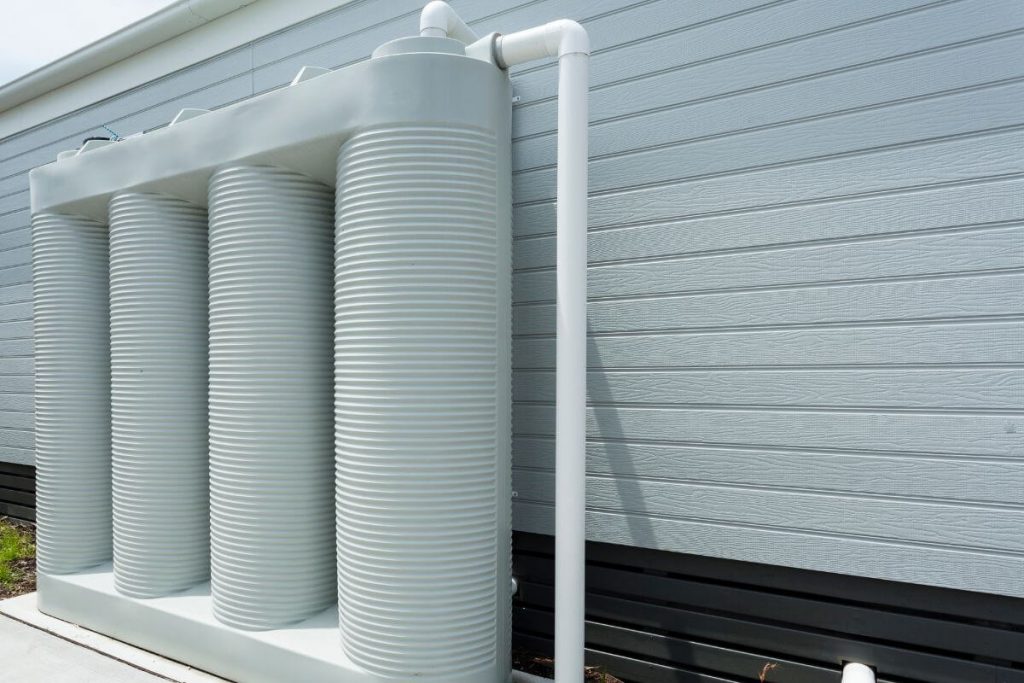
Take the Manufacturer’s Advice
Take a look at the instruction manual for your plumbed appliances. Manufacturers make all kinds of recommendations that help you maximise the efficiency of their products. Whether it’s the perfect water-saving laundry cycle or the optimal dishwashing cycle, take the advice of the people who designed the appliance to save water and money.
You should also invest in energy-efficient appliances when it’s time to replace the old ones. If your plumbed appliances are particularly old, it’s probably worth upgrading them now.
Short Showers
Baths are out and showers are in. Showers typically use much less water than filling the tub, but it’s important to consider how much time you’re spending in the shower, too. Every shower should come in under four minutes, and if you aren’t sure how long you spend bathing, set a timer and find out.
Use Water Wisely
Always fill your plumbed appliances before you press start to run the load, whether it’s the dishwasher or the washing machine.
Rainwater tanks are great, but if you don’t have one, there are water-wise ways to keep your garden lush. Water your plants in the late evening or early morning, install a drip irrigation system to target roots, and use mulch on your plants to reduce the need for frequent watering.
Rather than hosing down walkways and pavements, use a broom to sweep.
Final Thoughts
There are plenty of ways for the average person to save water at home, whether it’s taking showers at lightning speed or collecting rainwater for gardening. And remember, ensuring your plumbing is in good working order can reduce nightmare water bills dramatically. So, stop ignoring that occasionally leaky tap!
If you need a plumbing expert to check for leaks, install a rainwater tank, or carry out a full plumbing inspection, just call Joe!
